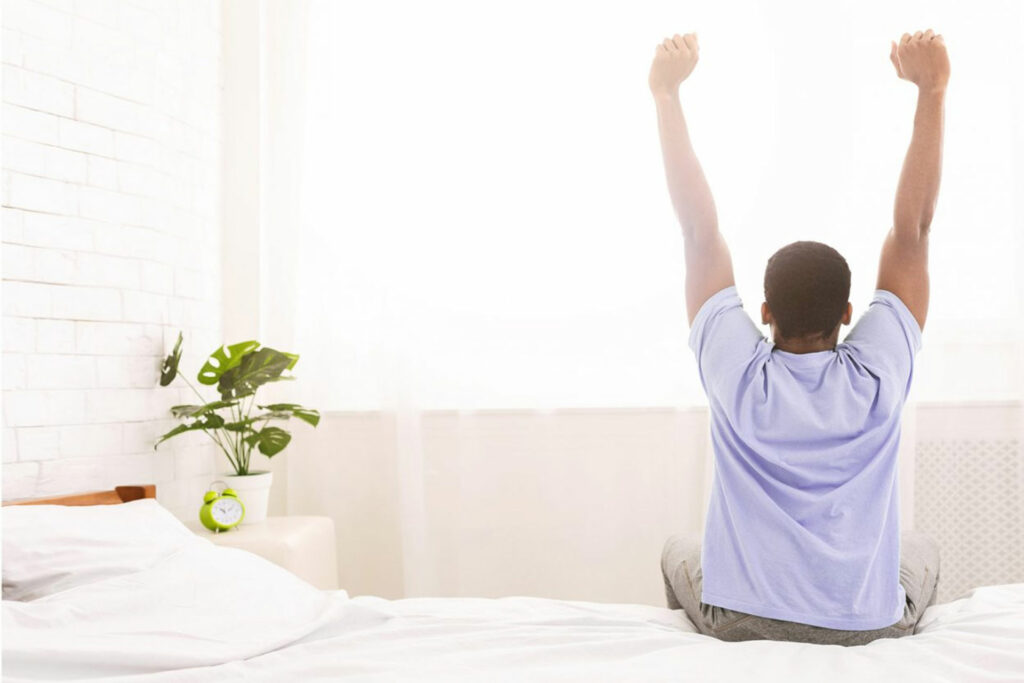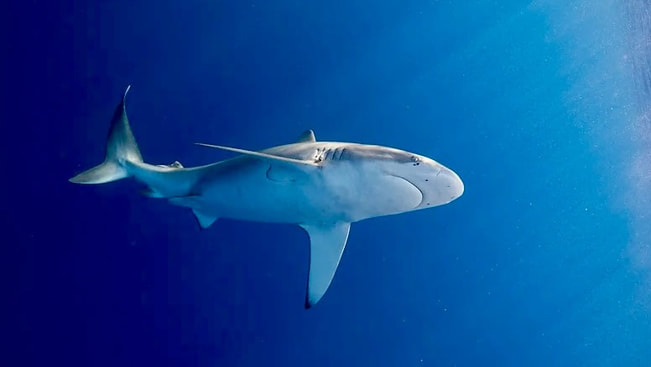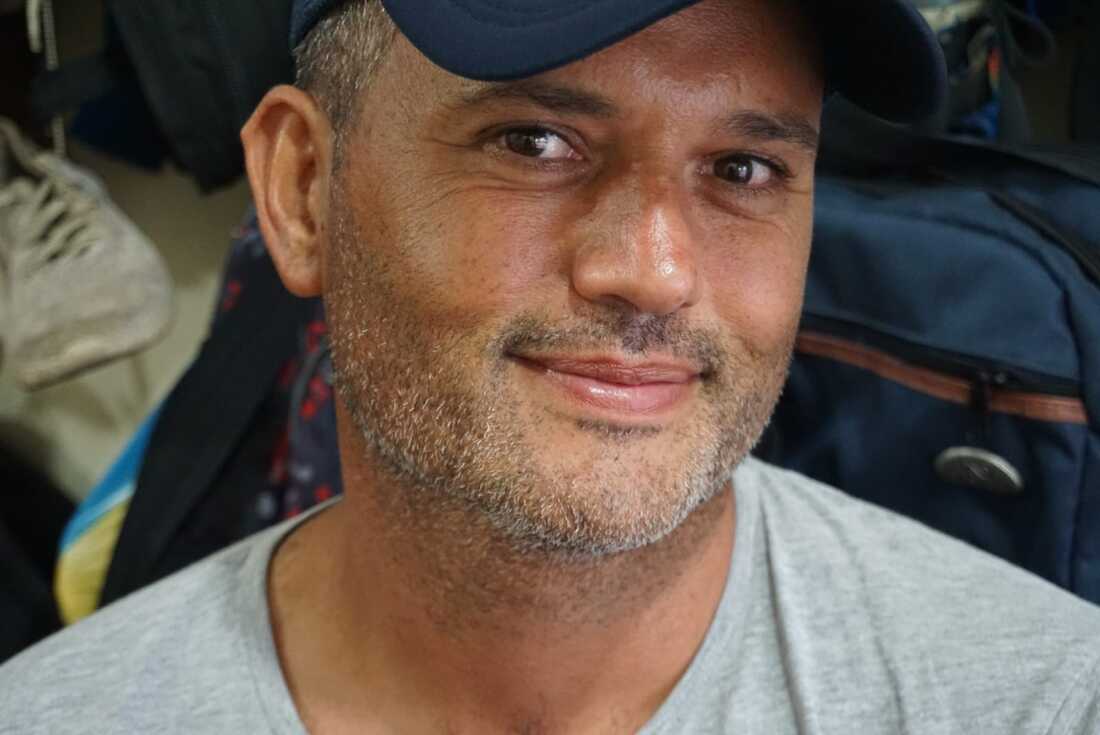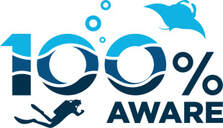|
Achieving a good night's sleep is paramount for cognitive clarity, optimal performance, heart health, stress reduction, and weight management. Many individuals prioritize sleep improvement, and the following protocol serves as a versatile guide applicable to a broad audience.
In addition to the supplement stack, incorporating lifestyle changes is essential:
🌐 Sources
0 Comments
Freediving with sharks requires a combination of knowledge, skills, and respect for these majestic creatures. Here are techniques to ensure safe interactions:
1. Education and Awareness - Learn about shark behavior, species, and their habitats to anticipate actions. - Stay updated on local regulations and guidelines for shark interactions. 2. Maintain Calmness and Confidence - Keep a steady demeanor to avoid signaling distress or fear, as sharks can sense these emotions. 3. Smooth and Controlled Movements - Avoid sudden, jerky movements that may be perceived as a threat. Swim gracefully to convey non-aggressive intentions. 4. Understand Body Language - Learn to interpret shark body language. Recognize signs of curiosity or discomfort and adjust your behavior accordingly. 5. Group Diving - Freedive in groups, as sharks are less likely to approach larger numbers. Safety in numbers promotes a more relaxed environment. 6. Use Neutral Colors - Wear neutral-colored equipment to reduce visual stimulation and minimize potential interest from sharks. 7. Time Your Dives - Coordinate your freedives with the natural behavior of sharks. Observing them from a distance before engaging is essential. 8. Avoid Dusk and Dawn Dives - Sharks are more active during dawn and dusk. Plan your dives outside these times to reduce the risk of encounters. 9. Respect Their Space - Give sharks ample space and avoid direct approaches. Let them control the interaction. 11. Choose Reputable Dive Operators - Opt for experienced and responsible dive operators with a track record of safe shark interactions. Join our Galapagos Freediving live-Aboard. www.EndemicDiveCenter.com |
Jesse Dubois
Enviromentalist Freedive Coach INSTRUCTOR TRAINER Archives
February 2024
|


 RSS Feed
RSS Feed





